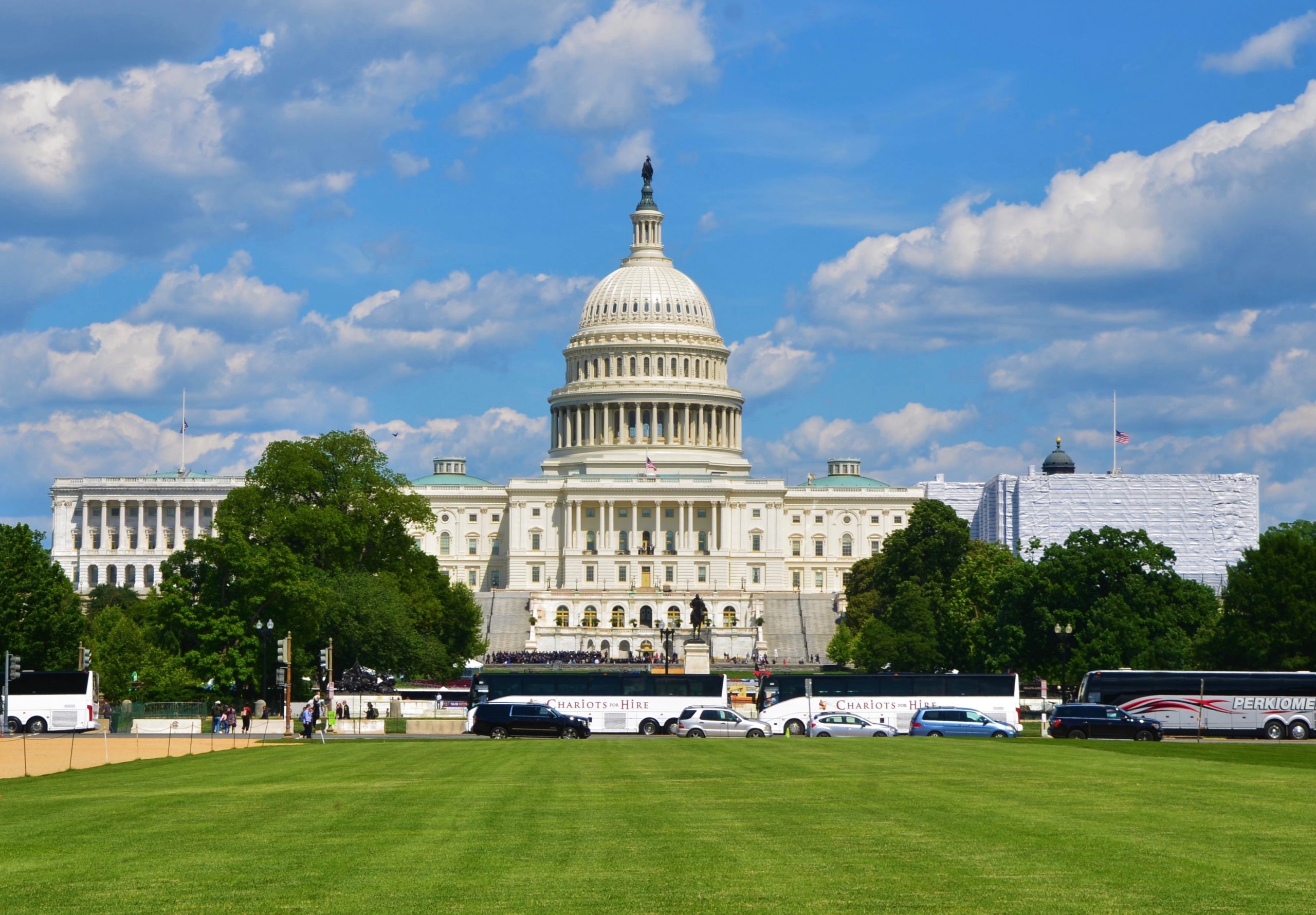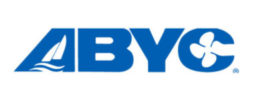Boating industry priorities in the Bipartisan Infrastructure Bill

With a final Senate vote expected on the bipartisan infrastructure package in the coming days, NMMA applauds the decision to include funding for essential water and recreation infrastructure needs, many of which have been priorities in the association’s advocacy efforts over the past year.
The infrastructure package is nearly $1 trillion, distributed over eight years, with roughly $550 billion in new spending. Within the package, there are two major areas of funding that will go to benefit the recreational boating community—$17 billion towards ports and waterways and $46 billion for resiliency against environmental impacts.
Of the $17 billion for ports and waterways, NMMA endorses the following measures:
- Roughly $10 billion to support US Army Corps of Engineers (USACE) infrastructure priorities—such as construction projects to address the large backlog of authorized projects that have yet to receive funding. This measure also includes a dedicated amount for repairing damages to USACE projects caused by natural disasters, helping to provide updates for key recreational areas.
- $455 million annually for five years for the Department of Transportation’s Port Infrastructure Development Program (PIDP), which will allow significant improvements to port facilities on coasts, rivers, and the Great Lakes.
- $5 million annually for five years for the Marine Highways Program funds, which will work to expand the use of America’s navigable waters and expand marine highway service options.
- $429 million for US Coast Guard infrastructure priorities, which includes funding for shore construction infrastructure and facility deficiency needs that the Coast Guard relies on to provide services and protect the public.
In addition to bolstering and expanding waterway infrastructure, NMMA has advocated for improvements to combat rising sea levels, ocean acidification, water pollution, and additional effects of climate change.
As such, NMMA is pleased to see the inclusion of numerous measures to boost conservation and resiliency for the boating community in the infrastructure package, including:
- Reauthorizing the $650 million Sport Fish Restoration and Boating Trust Fund — a user-pay, user-benefit system that pays for conservation projects across the country.
- An additional $7 billion for USACE infrastructure priorities, which includes funding for projects on storm damage reduction and coastal storm risk management. These would target states that have been impacted by natural disasters over the last six years. Over $250 million is also available for flood control and coastal resiliency projects.
- $4.35 billion for Western water infrastructure, which will promote ecosystem restoration and make boating access more resilient across the West.
- $200 million, including $100 million to the Department of Interior, for invasive species prevention, detection, and eradication.
- $492 million for the National Oceanic and Atmospheric Administration (NOAA) National Coastal Resiliency Fund, a partnership with the National Fish and Wildlife Foundation (NFWF). This program improves the resilience of coastal communities to the risks of flooding by restoring or expanding natural ecosystems, enhancing fish and wildlife habitats, and increasing protection for communities from coastal hazards.
- $491 million for the NOAA Community-Based Restoration Project to protect the safety and well-being of coastal communities by buffering shorelines from erosion, reducing flooding, and removing potentially hazardous structures.
- $200 million for the NOAA Marine Debris Program, which promotes action to reduce debris in our ocean.
Beyond ports, waterways, and resiliency, there are several provisions included in the infrastructure package that will have both direct and indirect advantages for the recreational boating industry if enacted. For instance, the package currently includes language to streamline federal permitting processes, broadband infrastructure funding, and providing technical assessments for manufacturers to maximize energy efficiency, prevent pollution, improve the efficient use of water, and conserve natural resources. This would help the industry’s members reach broader sustainability and conservation goals.
As the bipartisan deal moves through the legislative process, NMMA will continue to work with lawmakers to incorporate additional industry infrastructure priorities and encourage Congress to swiftly pass a package that will modernize our nation’s Eisenhower-era infrastructure.




